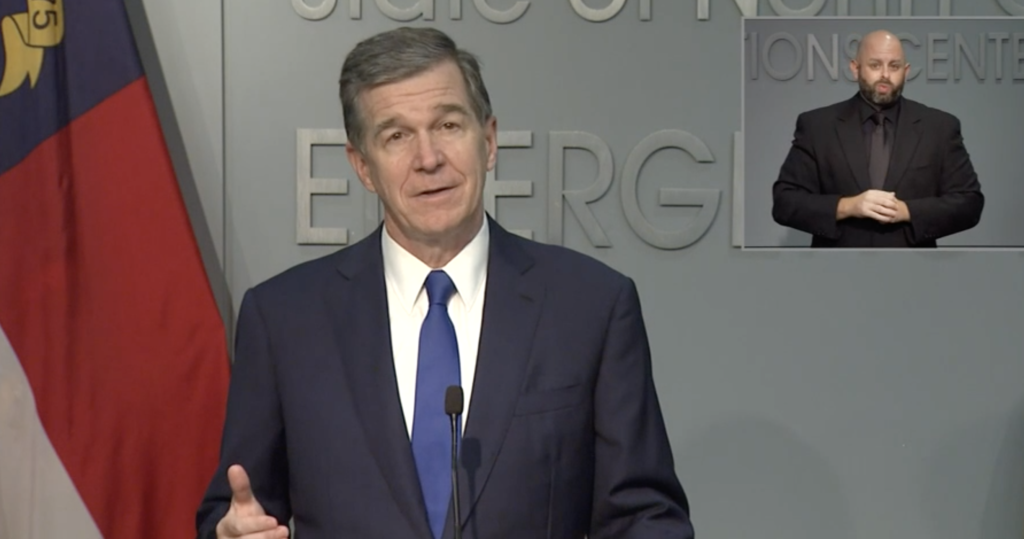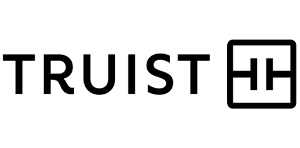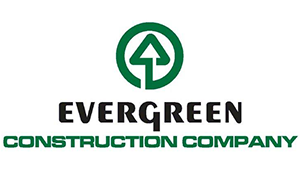
Tuesday afternoon Governor Roy Cooper announced the roll-out of resources for rental and utility assistance for people struggling with housing costs during the COVID-19 pandemic. The announcement makes official the program we have heard rumblings about over the summer and which Laura Hogshead (NC Office of Recovery & Resiliency) spoke to us about on last week’s Housing Call.
As Ms. Hogshead spoke about on the call, the Governor’s office is tasking NCORR with deploying federal COVID-19 relief funds to provide North Carolinians with rental and utility payment assistance. NCORR will administer $94 million through a new program to provide “Eviction Prevention & Utility Payments.”
In total, the Governor’s announcement identified $175 million in rental and utility assistance coming from funds granted to North Carolina via the federal CARES Act. The money is a mixture of CDBG-CV, ESG-CV, and Coronavirus Relief Fund resources as enacted in the CARES Act on March 27th. Programs are expected to be “launched in the coming weeks” and will likely be unable to assist people needing to make rent next week on September 1st.
The table below summarizes the program uses and which federal sources are behind each:
| Program | Federal Source | Use | Target Population | Agency |
| Eviction Prevention & Utility Payments – $94 million | CDBG-CV: $28 million
Coronavirus Relief Funds: $66 million |
Rental and utility payments | CDBG funds will need to be used for households below 80% AMI | NCORR |
| Crisis Response & Housing Stability –
$53 million |
ESG-CV | Assist those experiencing homelessness or in immediate risk of becoming homeless | Those with incomes below 50% AMI | DHHS |
| Local Government Funds – $ 28 million | CDBG-CV (Tranche #1 for non-entitlement areas) | To be determined by unit of local government* | Must conform to typical CDBG guidelines | Dept. of Commerce |
| TOTAL: $175 million | ||||
*Non-entitlement areas are “encouraged to prioritize” rental/utility assistance and may choose whether or not to do so.
NCORR was established in 2018 after Hurricane Florence and has been the state agency managing NC’s disaster recovery efforts, in particular the state’s administration of CDBG-Disaster Recovery funds. With a recognition that local governments are overwhelmed with the pandemic in general, the Governor’s Office turned to NCORR to oversee the use of CDBG-CV funds, largely in part due to their experience in utilizing “non-traditional” CDBG resources and processes. Details on the application process and eligibility for rental and utility assistance have yet to be released. The Coalition will share information as it is received.
While the Governor’s programs through NCORR and DHHS will certainly provide very necessary relief for many households and individuals, there remain holes in the patchwork of rental assistance. It has not yet been stated if those programs will be able to assist those unable to meet the eligibility requirements for CDBG and ESG and what those other requirements would be. We can surmise that the portion of NCORR’s program being funded through CDBG-CV will need to target households with incomes below 80% of AMI. ESG-CV funds target those below 50% AMI who are either currently experiencing homelessness or in imminent risk. The announcement from Cooper also makes no mention of homeowners or mortgage assistance. Additional details on application process and eligibility for rental and utility assistance under these new programs have yet to be released. The Coalition will share information as it is received. For an update on how this affects legislative efforts for housing assistance, please see today’s Policy Update.








